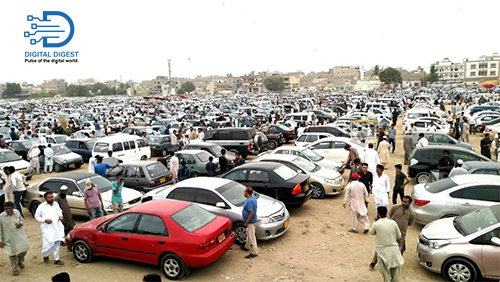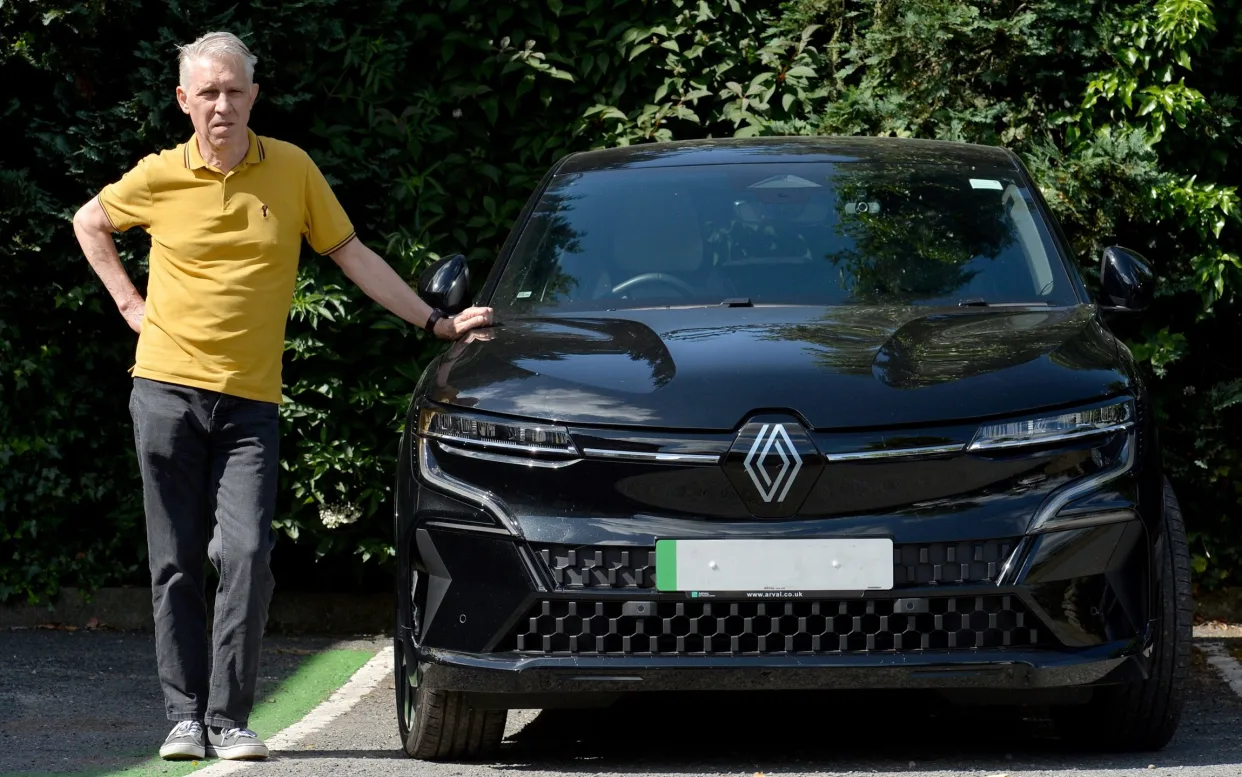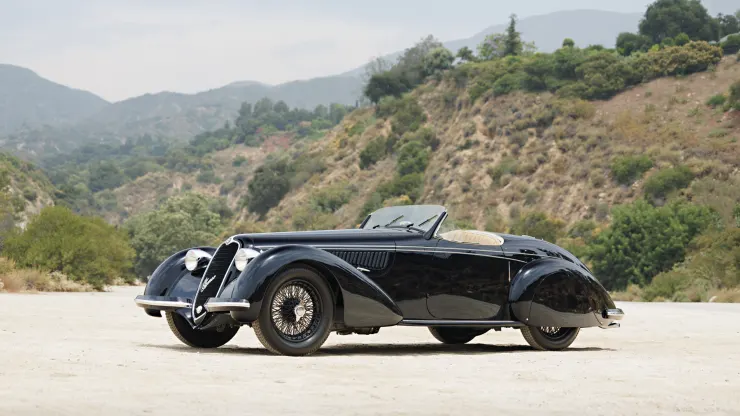Used Car Imports Put Pakistan’s Auto Industry at Risk
Table of Contents
ToggleIslamabad, Pakistan — The rising influx of used car imports in Pakistan has once again placed the country’s local auto industry under severe strain, raising concerns about job losses, declining sales, and long-term economic harm.
According to official data, 4,423 used vehicles entered Pakistan in July 2025 alone, resulting in an estimated Rs6.5 billion loss for local parts manufacturers. Industry stakeholders warn that every domestically assembled car includes at least Rs1.5 million worth of locally produced auto parts. Each imported vehicle, therefore, strips away demand from domestic suppliers and vendors.
Import Schemes Exploited
A breakdown of figures reveals that 3,996 cars were imported under the Personal Baggage scheme, 331 under the Gift scheme, and 96 through the Transfer of Residence scheme. These programs were originally designed to facilitate overseas Pakistanis but have now become parallel channels for large-scale commercial imports.
The Pakistan Automotive Manufacturers Association (PAMA) reported that sales of locally assembled vehicles fell by 49% in July 2025 compared to the same month in 2024. Vendors and assemblers warn that the growing mismatch between imports and declining domestic sales poses an existential threat to the industry.
Jobs, Economy, and Technology at Stake
Shehryar Qadir, Senior Vice Chairman of the Pakistan Association of Automotive Parts & Accessories Manufacturers (PAAPAM), stated that uncontrolled imports of second-hand cars are causing foreign exchange outflows, job losses, and a decline in government tax revenues.
He highlighted that Pakistan’s auto manufacturing sector sustains over 330,000 direct jobs and another 1.5 million indirect jobs across industries like steel, plastics, logistics, and services. “This is not just about assembling cars; it’s about building an industrial base, strengthening vendor networks, and creating long-term technological ties with global automakers,” Qadir emphasized.
Long-Term Damage from Used Car Imports
Over the last decade, Pakistan has imported an average of 34,000 used cars annually. In FY 2024–25 alone, 40,000 used cars entered the country, capturing nearly 25% of the total passenger car market. PAAPAM estimates that this shift has cost local vendors Rs60 billion in lost revenues and eliminated over 40,000 potential jobs in a single year.
Industry leaders stress that this policy distortion is crippling local production. “Because total market demand is limited, every imported used car directly replaces a locally assembled vehicle,” Qadir explained. “This strips demand for locally made components like tires, wiring harnesses, lamps, and seats, weakening the entire supply chain.”
Regional Comparison and Investor Concerns
Unlike Pakistan, countries such as India, Thailand, and Vietnam have minimal used car imports, focusing instead on industrial growth. This strategy enabled them to develop globally competitive automotive sectors. Pakistan, however, continues to tolerate large-scale second-hand car inflows despite being an auto-producing nation.
A senior executive at a leading Japanese automaker’s local subsidiary, speaking on condition of anonymity, warned that liberal import policies discourage foreign investment. “Assembly lines need consistent volumes to remain viable. If unchecked imports continue, investors will hesitate to commit to new plants or advanced technologies in Pakistan.”
Call for Policy Reform
Industry stakeholders are urging the government to revisit auto import policies and protect local production. They argue that every imported car represents a one-time foreign exchange drain, while domestic auto manufacturing multiplies economic benefits across jobs, supply chains, and tax revenues.
“This is not a marginal issue—it is a structural distortion,” Qadir concluded. “No serious auto-producing country allows its market to be flooded with used car imports. Pakistan must choose industrialization over short-term appeasement.”







